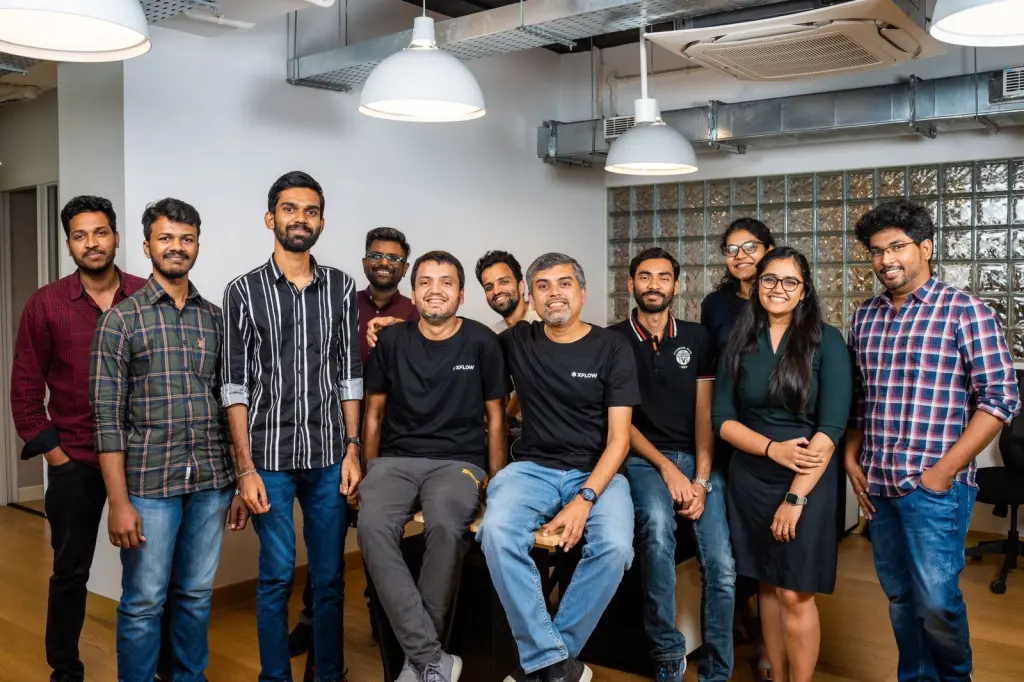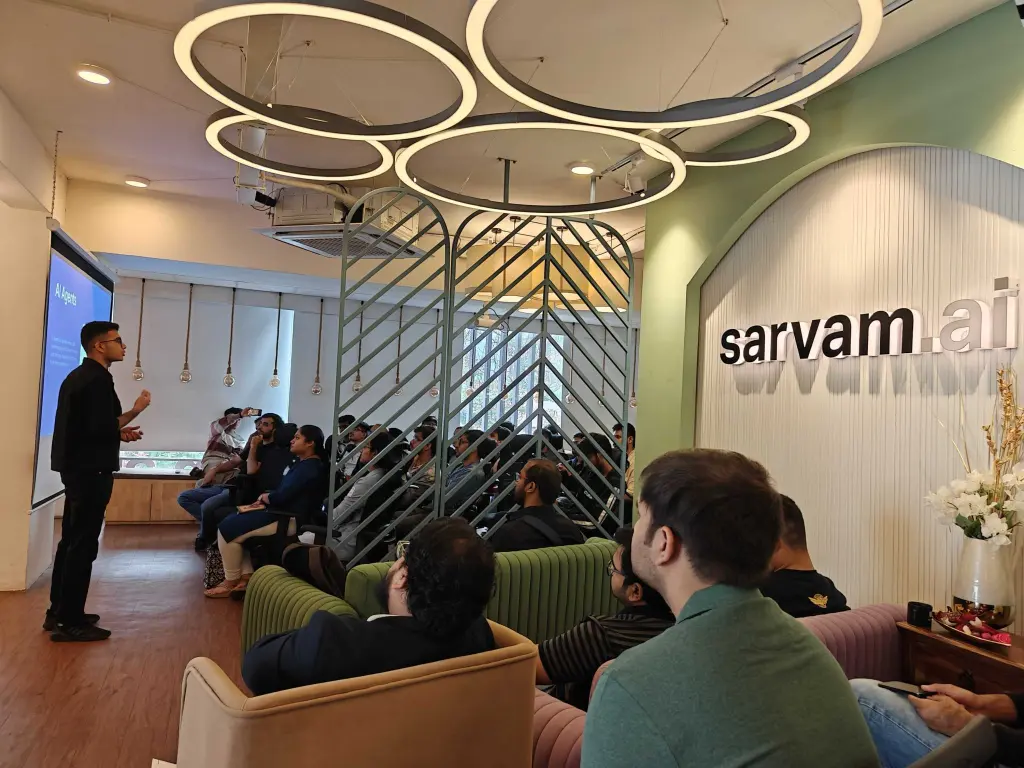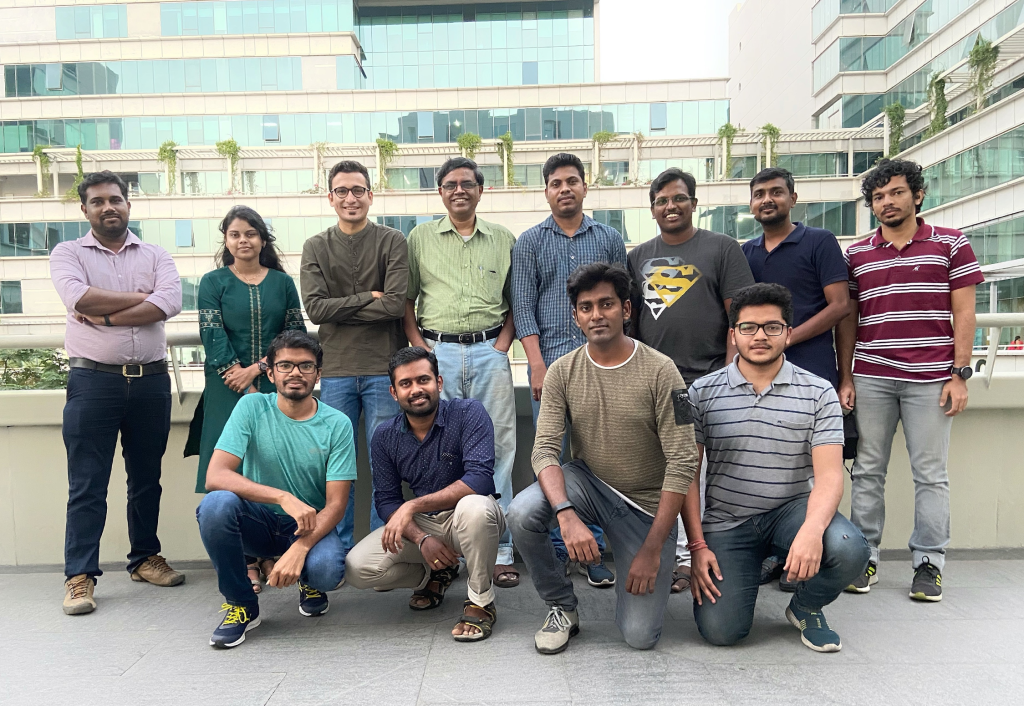Amazon Gears Up for Quick Commerce Entry in India, Eyes 2025 Rollout
- ByStartupStory | August 29, 2024

Amazon is gearing up to launch its quick commerce offering in India, with a targeted rollout in the first quarter of 2025, according to sources close to the matter. This move marks a significant strategic shift for the US-based e-commerce giant as it seeks to capture a share of the rapidly expanding quick commerce segment, a market recently entered by its rival Flipkart with the launch of its ‘Minutes’ service.
In line with this strategy, Amazon’s Indian unit has appointed a senior executive to lead the development of its quick commerce strategy. This decision comes amid broader leadership restructuring efforts aimed at strengthening Amazon’s position in the highly competitive and fast-growing Indian market.
Additionally, Amazon is reportedly exploring the possibility of acquiring a stake in Swiggy, particularly in its quick service platform, Instamart. “The groundwork for the quick commerce vertical has been in progress for some time, but now there’s a clear timeline in place,” said one source familiar with the developments.
Another source confirmed that Amazon has been internally advancing the project, although the launch of this new service will require approvals from Amazon’s headquarters, as the company has yet to introduce a quick commerce service on a global scale. The process is further complicated by the upcoming departure of India head Manish Tiwary, who is set to leave Amazon in October after serving his notice period.
To spearhead the new division, Amazon has appointed Nishant Sardana, who previously led the company’s PC, audio, camera, and large appliances business in India. In addition, former Cloudtail CEO Ranjit Babu, who managed the wireless and home entertainment businesses at Amazon India, will now oversee consumer electronics, large appliances, and other verticals.
Amazon’s Quick Commerce Vision: 30-Minute Deliveries
Amazon, which had an early advantage in grocery delivery with its Pantry service, has been refining its approach by merging next-day delivery with its Fresh two-hour service. The company relies on More Retail stores, a joint venture with Samara Capital, to fulfill these deliveries, while also offering consumers the option of store pick-ups.
“The goal is to eventually reduce delivery times to 20-30 minutes,” a source told The Economic Times. “While Amazon still maintains its next-day customer base for grocery and non-grocery items, the consumer shift towards 30-minute deliveries is reshaping the entire landscape.”
Although a final product is still in development, the source suggested that slotted deliveries may remain part of Amazon’s strategy, with a focus on specific stock-keeping units (SKUs). “It will still be a catch-up game with rivals, both existing and new entrants,” the source added.
The quick commerce sector has undergone significant changes throughout 2024, with further transformations on the horizon. Companies like Zepto are rapidly expanding their dark store networks and SKUs, with the Mumbai-based startup nearing the close of a $1 billion funding round in less than two months.
Quick Commerce: The New Battleground for Indian E-Commerce
This Diwali, the e-commerce competition is expected to intensify as platforms expand their quick commerce offerings to include at least 20,000 products, according to industry insiders.
Flipkart’s Minutes service, which launched in Bengaluru earlier this month, is now being rolled out in New Delhi and Mumbai. Meanwhile, BigBasket is transitioning to a fully quick-delivery model, moving away from its current mix of scheduled and quick offerings.
India’s e-commerce market grew by 18-20 per cent by value in the first half of this year, with grocery sales surging over 38 per cent, driven by a sharp increase in quick commerce, according to estimates by 1Lattice and Datum Intelligence.
Global brokerages forecast that India’s quick commerce market will grow to $6 billion by 2025, a significant increase from its negligible level just three years ago. Nearly 40 per cent of online grocery sales now come from quick commerce, with the segment growing 230 per cent between 2021 and 2023, led by Blinkit, Instamart, and Zepto.
A recent UBS research note further highlighted Flipkart Minutes’ strategy of using lower pricing as a market entry tactic. As of July, the market share of quick commerce is estimated to be 40-45 per cent for Blinkit, followed by Swiggy Instamart (20-25 per cent), Zepto (15-20 per cent), and BB Now (10-15 per cent).









